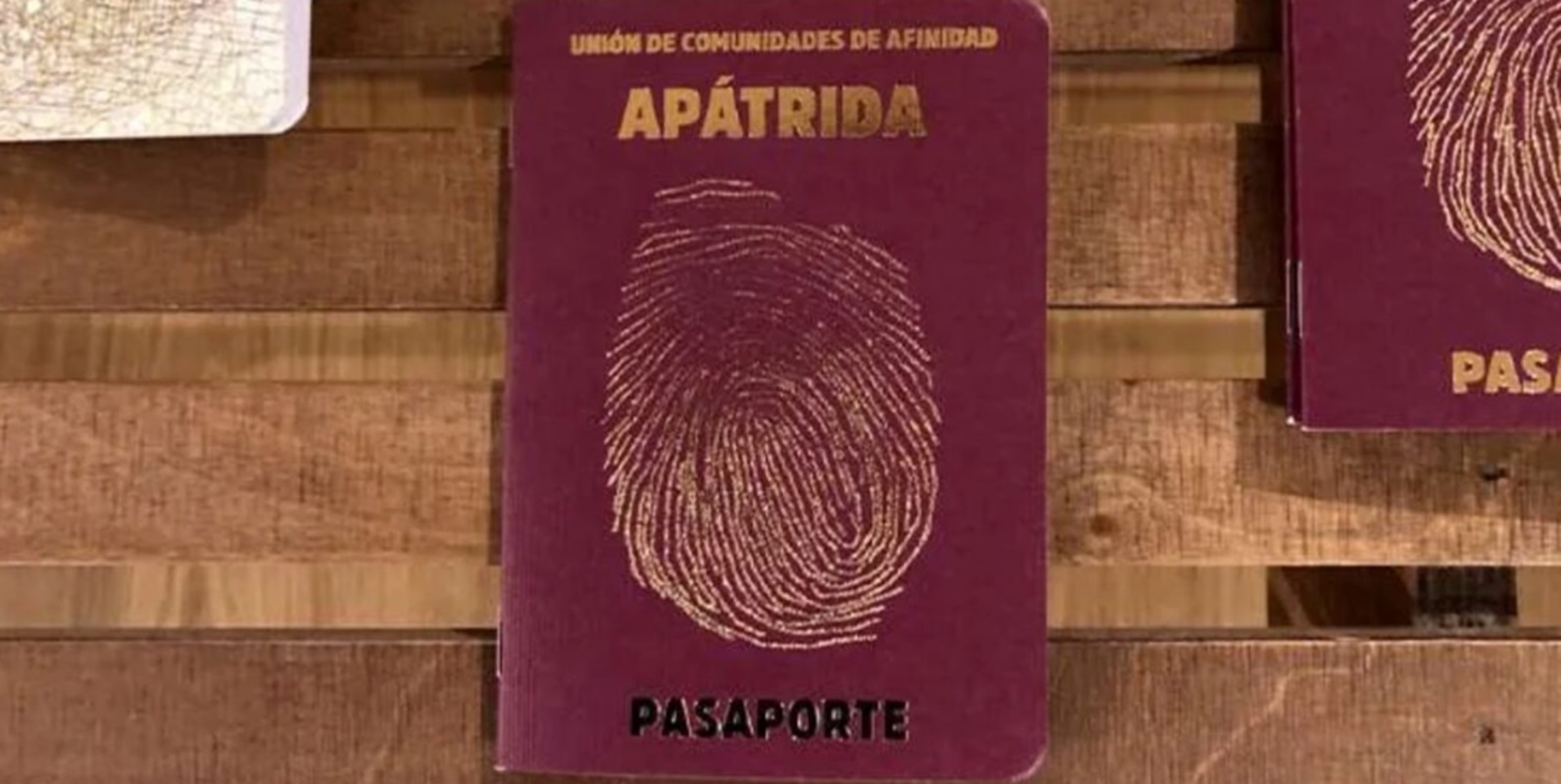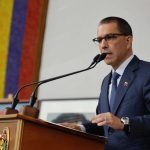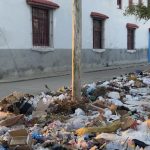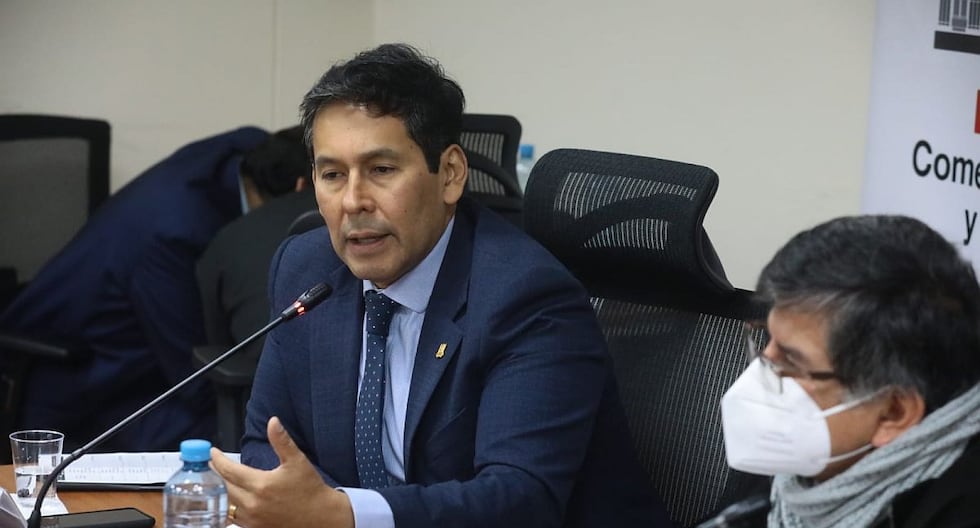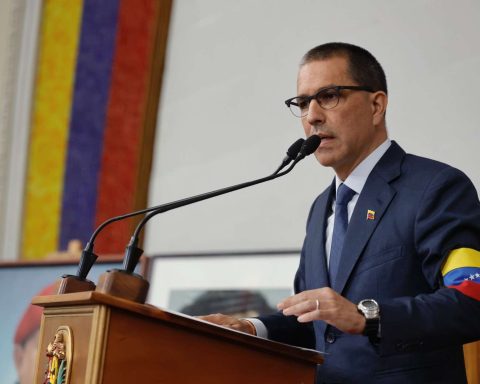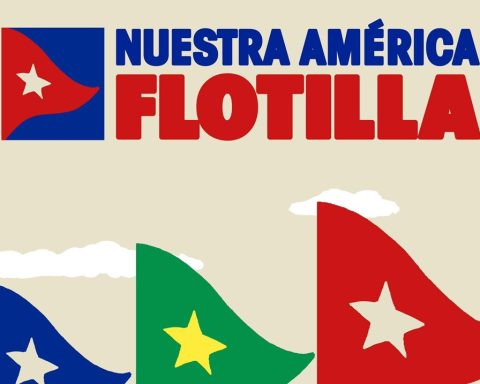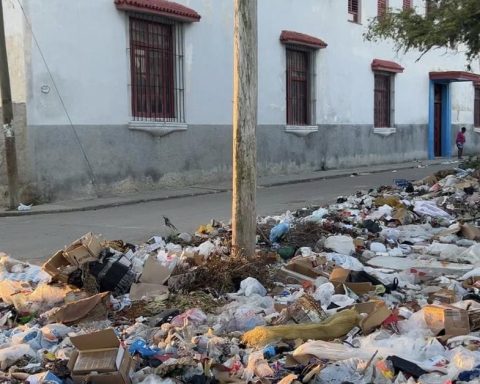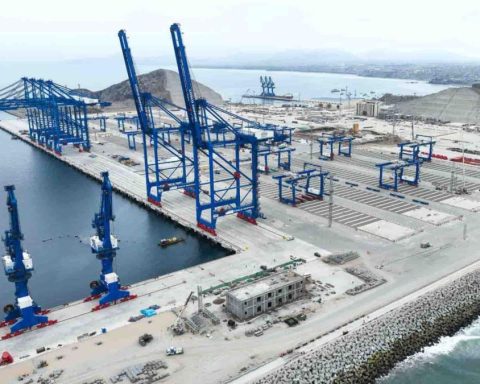The dictator Daniel Ortega and his vice-dictator, Rosario Murillo, mock the international conventions against statelessness of the United Nations (UN), even though it was precisely Ortega who adhered the Nicaraguan State to these international norms to protect the stateless. and reduce the number of people without nationality in the world.
In recent weeks, the Ortega-Murillo regime began a series of legal reforms that include a modification to the Political Constitution of Nicaragua and the General Law of Migration and Immigration, in which, failing to comply with its international commitments, it deviates from the observance of the Universal Declaration of Human Rights and the two conventions against statelessness, in a step that places the Central American country at the level of the worst totalitarian dictatorships in the world, such as Iran and North Korea, as pointed out by defenders of human rights.
Between 2023 and 2024, Ortega and Murillo have arbitrarily and for political reasons stripped a total of 451 nationals of their citizenship; in addition, they have deprived dozens of other Nicaraguans of their rights as Nicaraguans abroad, whom they They have been denied consular attention in the countries in which they are located, they have also been denied the renewal of their respective passports and they have been left without a legal document that identifies them as Nicaraguans, which could be considered a de facto statelessness condition.
Mockery of international agreements
The Managua regime, in a letter recently sent to the UN Secretary General, António Guterres, declared itself “respectful of the rule of international law”, however with the reforms to the Magna Carta and the Migration Law, it commits a flagrant violation to the conventions for the reduction of stateless persons.
There are two UN conventions on statelessness, the purposes of which are “to protect stateless persons, as well as to prevent and end statelessness around the world,” notes the Office of the UN High Commissioner for Refugees (UNHCR).
It is about the «Convention relating to the Status of Stateless Persons, 1954», to which the State of Nicaragua adhered and promised to comply with it as of July 15, 2013.
The other is theConvention to reduce cases of statelessness», of which Nicaragua has been a part since July 29, 2013. Both international commitments were assumed during the second term of the current dictator, Daniel Ortega.
Related news: They compare Daniel Ortega with Hitler for applying exile and denationalization as punishment to his critics
UNHCR, on its official website, in the section dedicated to the issue of Statelessness, indicates that these two conventions “are the main international instruments on the matter”, which is why it urges the States parties to “harmonize (with the conventions) their national policies and legislation”, and reminds them that, by signing them “the States undertake to defend the principles enshrined in these instruments”, however, the tyranny of Nicaragua not only violated those international commitments but is now increasing cases of statelessness in it world, denationalizing Nicaraguans.
Ortega ignores article that prohibits the deprivation of nationality
In its eagerness to justify its excesses and hatred against the Nicaraguan political opposition, the Ortega-Murillo regime mocks the UN by taking into account in its national legislation only isolated points of the Convention on the Reduction of Statelessness, 1961, which establishes rules for the “granting and non-withdrawal of nationality”, in order to prevent cases of statelessness from arising.
In this sense, the international standard makes effective Article 15 of the Universal Declaration of Human Rights, which recognizes that “everyone has the right to a nationality.”
However, the Nicaraguan dictatorship, in the recent constitutional reforms, completely eliminated the mention of the Universal Declaration of Human Rights.
In addition, it repealed article 20 of the Supreme Law, which emphatically prohibited the deprivation of nationality of Nicaraguan nationals.
UNHCR insists that the 1961 Convention promotes the principle that States retain the right to develop the content of their nationality laws, but must do so “in accordance with international standards relating to nationality, including the principle that statelessness.
Furthermore, the article 9 of that Convention clearly states that “the Contracting States shall not deprive any person, or any group of persons, of their nationality on racial, ethnic, religious or political grounds.”
Likewise, the international standard establishes that to avoid statelessness, States can either grant nationality to children automatically at birth or later, upon request.
Related news: More than 5,000 Nicaraguans are stateless, according to opponents and human rights defenders
“The Convention further seeks to prevent statelessness later in life by prohibiting the withdrawal of nationality from nationals of States – whether through loss, renunciation, or deprivation of nationality – when it would result in statelessness,” says the agreement that the Ortega-Murillo dictatorship has flagrantly violated.
Regime creates its own documents for its stateless people
Acting against those principles that seek to reduce statelessness, the Managua dictatorship is rather creating instruments to “strengthen” the imposition of this abusive condition against Nicaraguan opponents. After violating the 1961 Convention, the Managua regime is preparing to continue denationalizing Nicaraguans and to do so, it has assumed at will one of the recommendations of the 1954 Convention on the status of statelessness that mandates the state parties to grant a document of identity and travel to stateless people that others generate, and not their own.
“The Contracting States shall issue to stateless persons who are lawfully present in the territory of such States travel documents enabling them to travel outside such territory,” the Convention says.
However, the dictatorship has created an identity and travel document especially to grant a kind of unique “exit” safe-conduct to stateless people who they themselves condemn to such a situation.
To this end, the Managua regime reformed article 70 of the General Law of Migration and Immigration, referring to immigration documents for Nicaraguans, creating the new “identity and travel document for stateless persons”, which from now on will expel to all opponents without having to hand over passports as he had been doing with the groups of exiles that he has expelled until now.
